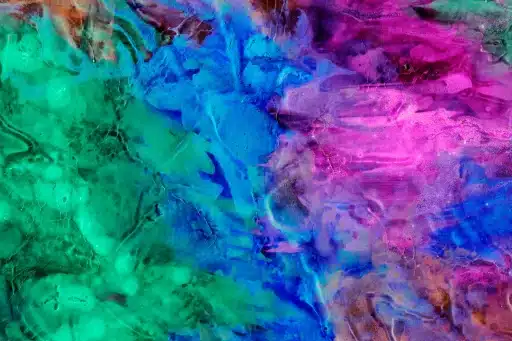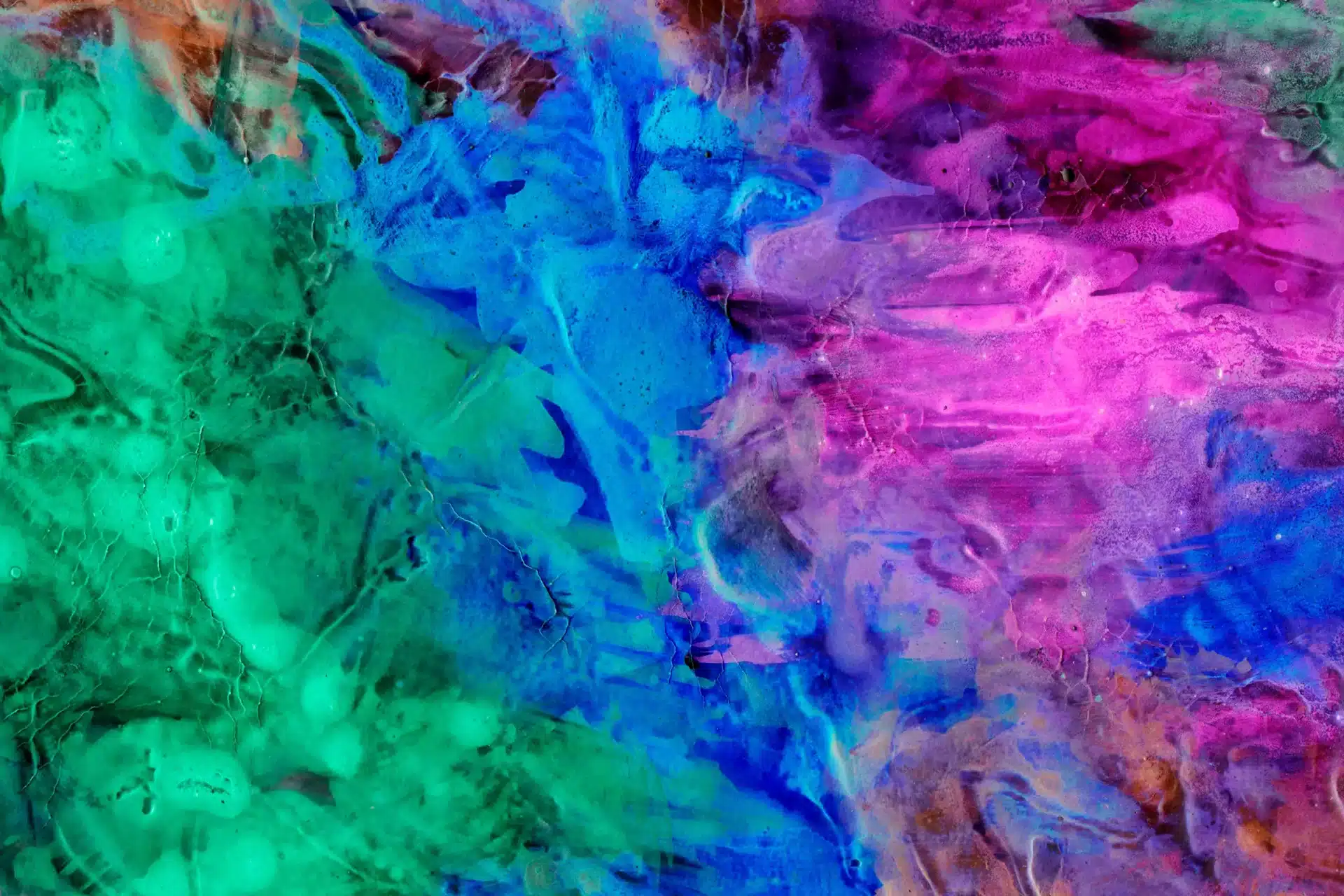Introduction to Slang
Slang is a dynamic aspect of language that reflects the cultural and social nuances of specific groups. One of the most talked-about terms in recent years is ‘cap.’ This term has transcended its modest origins and taken on a multitude of meanings, particularly among younger generations and in online communities.
The Basic Meaning of ‘Cap’
In contemporary slang, ‘cap’ refers to lying or exaggerating. When someone uses the phrase “no cap,” they’re asserting that what they just said is true, with no embellishments involved. Conversely, saying “that’s cap” implies that the statement is false or an exaggeration.
Origins of ‘Cap’
The term ‘cap’ has its roots in the African American Vernacular English (AAVE) and was popularized in mainstream culture through rap music and social media platforms. The exact origin is somewhat murky, but it likely stems from the phrase ‘to cap on someone,’ meaning to tease or joke. Over time, it evolved into its current meanings.
Examples in Popular Culture
- Music: Artists like Young Thug, Lil Yachty, and DaBaby have used the term in their songs, helping it gain traction and recognition.
- Social Media: Platforms like Twitter and TikTok are rife with users employing ‘cap’ in memes and comments, further sidelining traditional terms.
- Viral Videos: Popular YouTube videos discuss and mock common ‘cap’ scenarios, adding humor and relatability.
Case Studies: ‘Cap’ in Conversations
To better understand the use of ‘cap,’ let’s look at some hypothetical yet relatable dialogues:
- Scenario 1: A group of friends discusses who can run the fastest.
- Friend A: “I can outrun anyone here.”
- Friend B: “That’s cap! You couldn’t even beat me last time!”
- Scenario 2: An online comment on a trending meme about expensive luxury cars.
- User 1: “I just bought a Lambo for $200,000.”
- User 2: “That’s cap, no way that’s real!”
Through these examples, we can see how ‘cap’ effortlessly integrates into casual speech and online interactions, showcasing its versatility.
Statistics: Usage of ‘Cap’
Surveys conducted particularly among Gen Z reveal the growing popularity of the term:
- Approximately 70% of individuals aged 18-24 reported using the term ‘cap’ in their daily conversations.
- Social media analysts noted a 150% increase in tweets containing the word ‘cap’ from 2019 to 2023.
- Memes related to the term reached over 1 million shares on platforms like Instagram alone.
The Evolution of ‘Cap’
As language continues to evolve, so does the use of ‘cap.’ It represents more than just a word; it symbolizes a broader cultural shift that values authenticity and realness. Today’s youth prioritize transparency and truthfulness in their exchanges, and ‘cap’ succinctly captures that desire.
Conclusion
Understanding slang such as ‘cap’ provides insights into the linguistic landscape of today, reflecting cultural values and social dynamics. As language adapts, so too does the understanding of these informal expressions. So, the next time you hear someone say ‘that’s cap,’ you can appreciate the context and weight behind those words—language, after all, is a living, breathing entity.






